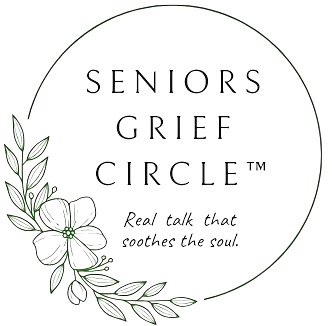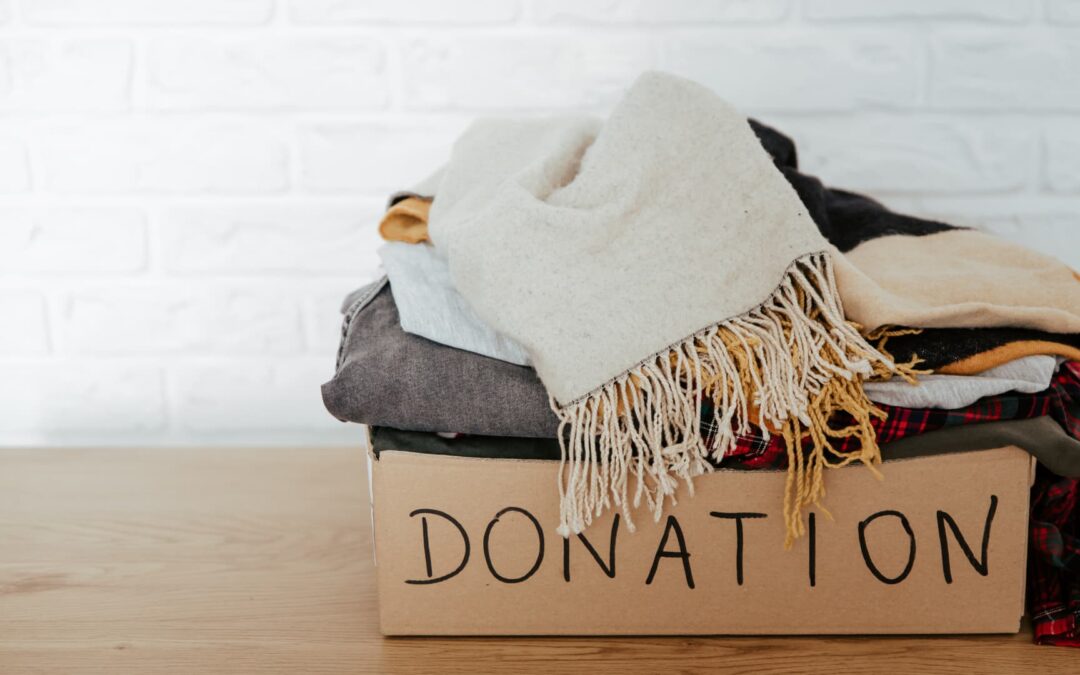So, your life partner is gone, or maybe you’ve lost your parent. How do you begin to deal with donating or disposing of their belongings? Clothing, personal care items, books, photos, personal records, jewelry, household items, furniture, property, cars and more …it can seem like a painful, monumental task.
The process of decluttering, though challenging, can also be a cathartic journey towards healing. Here are some compassionate insights on when and how to navigate the decluttering process.
When to Start Decluttering: A Gentle Approach
The timing for decluttering is deeply personal and it should align with your emotional readiness. If you’re not ready to part with your loved one’s things, you’re simply not ready. It’s all good.
Allow yourself the grace to grieve before delving into this process. There is no right or wrong timeframe; proceed when you feel a sense of emotional stability and strength.
You may wish to involve other immediate family members to share the emotional load and draw on each other’s strengths to get through all of the belongings. It’s also a good opportunity for family members to take items as a keepsake memory, and you’ll know those special items will be treasured and cared for.
How to Begin: One Step at a Time
Start small and focus on a single area. This could be a closet, a drawer or even a shelf. Begin with items that hold less emotional weight, gradually progressing to more sentimental belongings. You might find it easier to discard some things than others, and you could find yourself getting emotionally triggered by seeing certain things compared to others. Take a break when you feel emotionally overwhelmed and come back and tackle those things later. This incremental approach allows you to navigate the process with care honoring the memories attached to each item.
Try this Sorting Strategy: Keep, Donate or Discard
As you declutter, adopt a three-category sorting strategy: keep, donate or discard. Identify items that hold significant sentimental value or practical use, those that could benefit others through donation, and those that are no longer needed. This approach streamlines the decision-making process and helps create a more refreshed, organized living space.
Preserving Memory Items: Creating a Legacy
Consider creating a dedicated space for items that hold special memories. Photos, jewelry, collector items, mementos and souvenirs from family vacations and celebrations are things you’ll likely want to preserve. A dedicated space could be a memory box, a scrapbook or a digital archive. Preserving these items allows you to cherish the memories without overwhelming your living space.
Seek Support: Share the Journey
Decluttering after loss should not be a solitary endeavor. Enlist the support of family, friends, neighbours or professionals who can provide emotional support and practical assistance. Sharing the journey can ease the burden and foster a sense of connection during a challenging time.
Take Breaks: Embracing Self-Compassion
Decluttering can be emotionally draining. As mentioned before, take breaks when needed and practice self-compassion. When you feel emotionally exhausted, go for a walk or make yourself a cup of tea. Call a friend or write your thoughts down in a journal. Sit with the feelings and honor them. Acknowledge that your emotions bubbling up are a part of your healing journey, and it’s ok to pace yourself.
Honoring the Past, Embracing the Present
Ultimately, the goal of decluttering is not just to tidy up physical spaces but to create an environment that supports your healing journey. By honoring the past and embracing the present, you create a space that reflects both the memories you hold dear and the possibilities of the future.
Remember, decluttering after loss is a tender process that deserves care and consideration. Approach it with a compassionate heart, allowing the journey to unfold at your pace.
As you navigate your loved one’s things, keep in mind that each decision is a step toward healing, and the love and memories you shared together will forever reside in your heart.
Need some support as you begin decluttering? Join the Seniors Grief Circle. As a paid member, you’ll have access to our private Facebook group, caring and compassionate community services, our podcast, our monthly newsletter and much more. You don’t need to navigate your grief alone. The Seniors Grief Circle’s caring community is ready to support you every step of the way.

